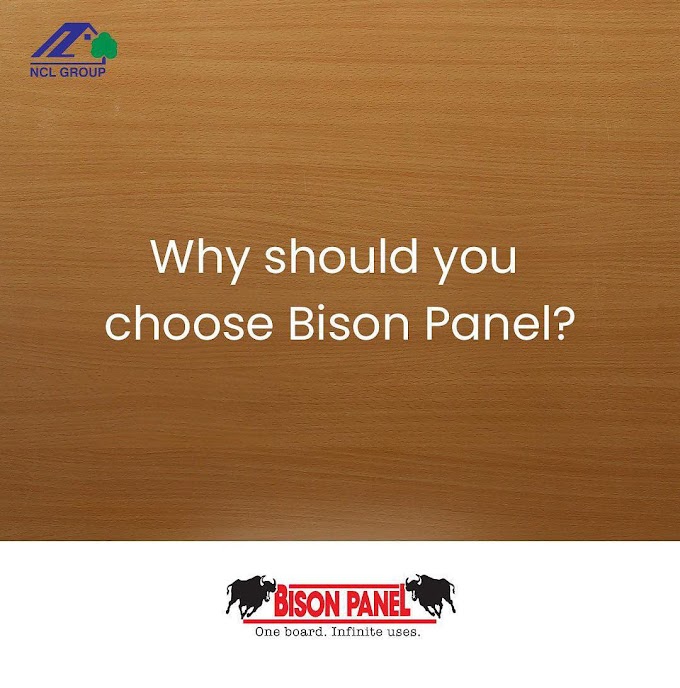Polyvinyl Chloride (PVC or Vinyl)
is an economical and versatile thermoplastic polymer widely used in building
and construction industry to produce door and window profiles, pipes (drinking
and wastewater), wire and cable insulation, medical devices, etc. It is the
world’s third largest thermoplastic material by volume after polyethylene and polypropylene.
It is a white, brittle solid material available in powder form or granules. Due
to its versatile properties, such as lightweight, durable, low cost and easy
processability, PVC is now replacing traditional building materials like wood,
metal, concrete, rubber, ceramics, etc. in several applications.
Basic Forms of PVC
Polyvinyl Chloride is widely available in two broad categories: Flexible and
Rigid. But, there are more types like CPVC, PVC-O and PVC-M.
Plasticized or Flexible PVC (Density:
1.1-1.35 g/cm3): Flexible PVC is formed by the addition of compatible
plasticizers to PVC which lower the crystallinity. These plasticizers act like
lubricants resulting in a much clearer and flexible plastic. This type of PVC
is sometimes called as PVC-P.
Unplasticized or Rigid PVC (Density:
1.3-1.45 g/cm3): It is a stiff and cost-effective plastic with high resistance
to impact, water, weather, chemicals and corrosive environments. This type of
PVC is also known as UPVC, PVC-U or uPVC.
Chlorinated Polyvinyl Chloride or
perchlorovinyl: It is prepared by chlorination of PVC resin. High chlorine
content imparts high durability, chemical stability and flame retardancy. CPVC
can withstand a wider range of temperatures.
Molecular Oriented PVC or PVC-O:
It is formed by reorganizing the amorphous structure of PVC-U into a layered
structured. Bi-axially oriented PVC has enhanced physical characteristics
(stiffness, fatigue resistance, lightweight, etc.).
Modified PVC or PVC-M: It is an
alloy of PVC formed by addition of modifying agents, resulting in enhanced
toughness and impact properties.











2 Comments
This comment has been removed by the author.
ReplyDeleteFor specialty applications requiring unique dimensions, the 125 ABS Plastic Sheet is a solid choice. It provides exceptional toughness and ease of processing for customized designs. This sheet size is useful in electronics, panels, or other technical projects. With a glossy or matte finish, it suits both aesthetic and functional demands. Singhal Global provides dependable products with consistent quality for every industry need. Discover the advantages of using ABS for your next build.
ReplyDelete